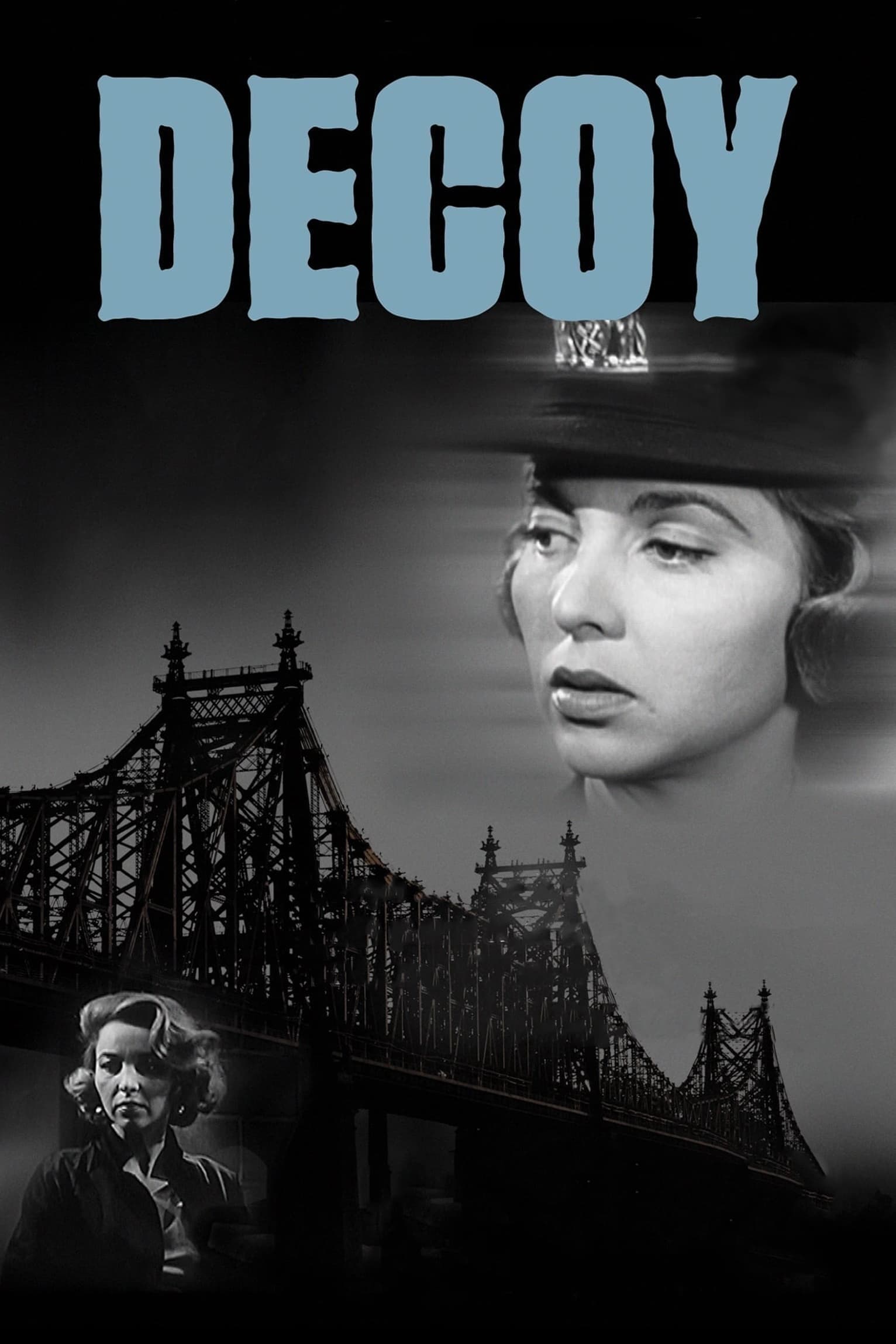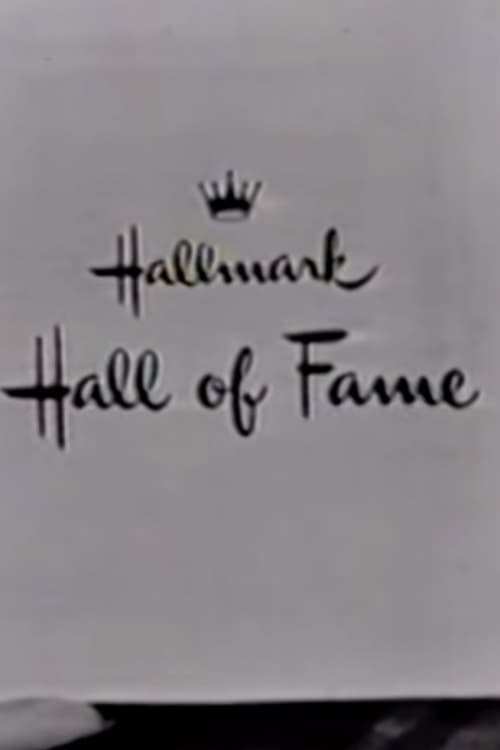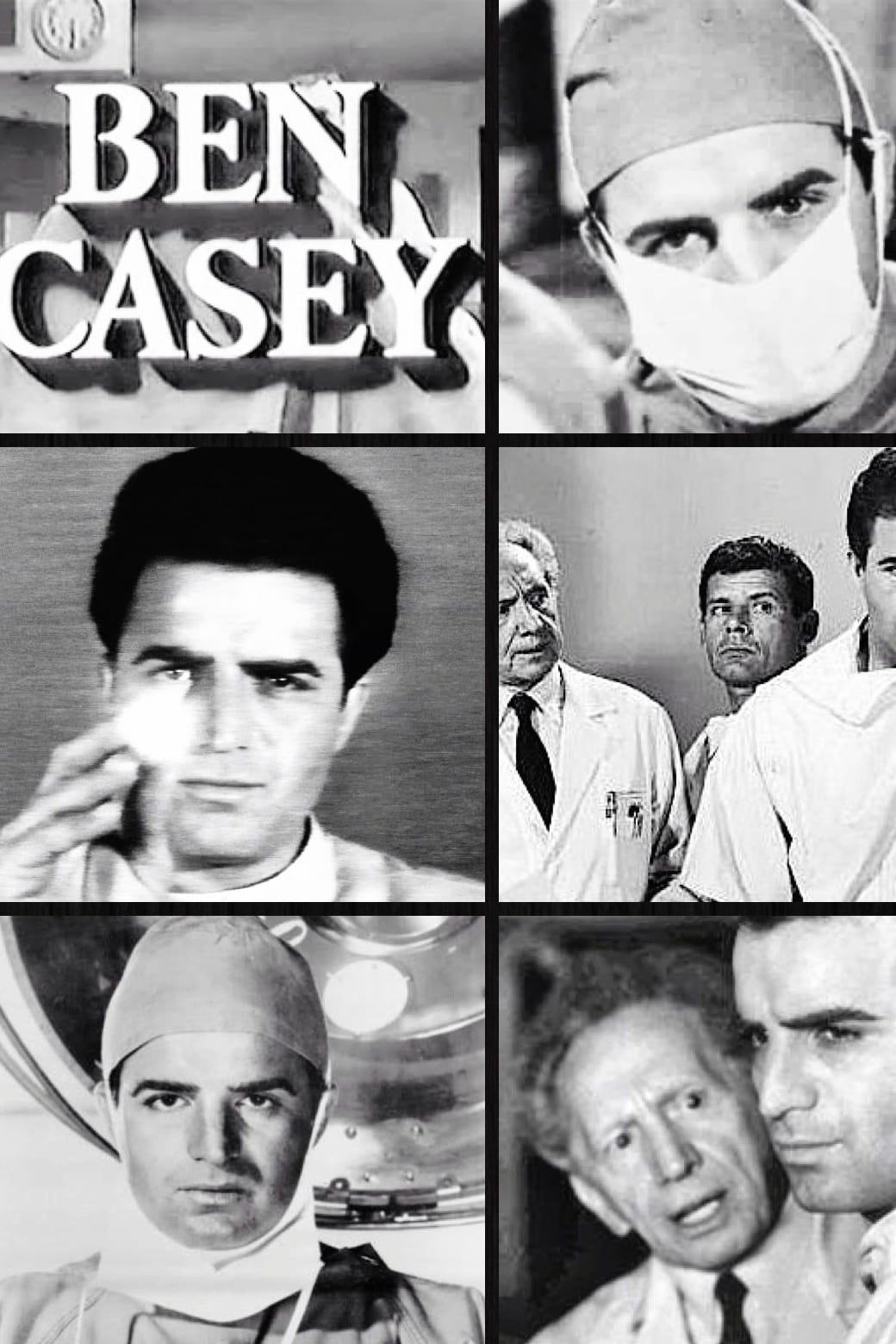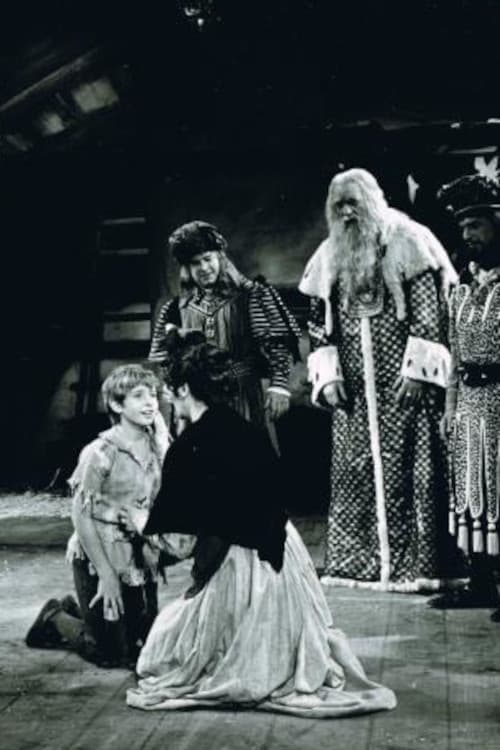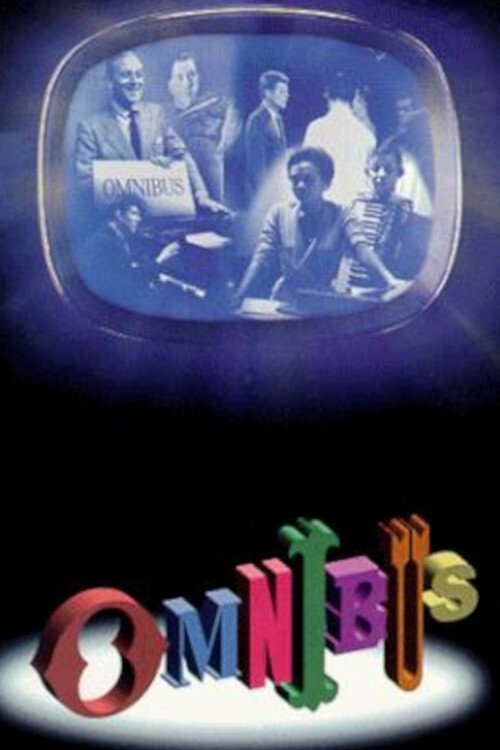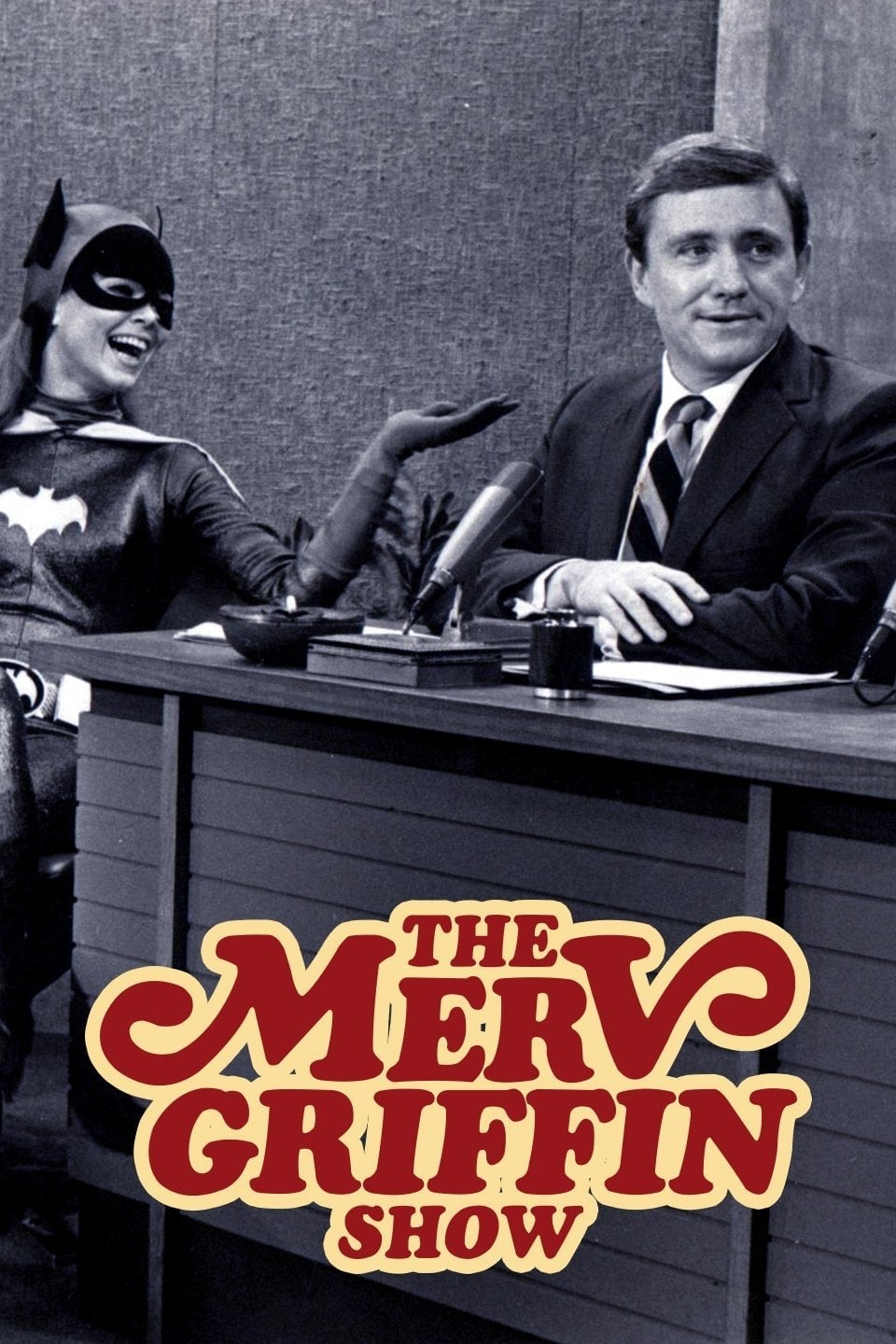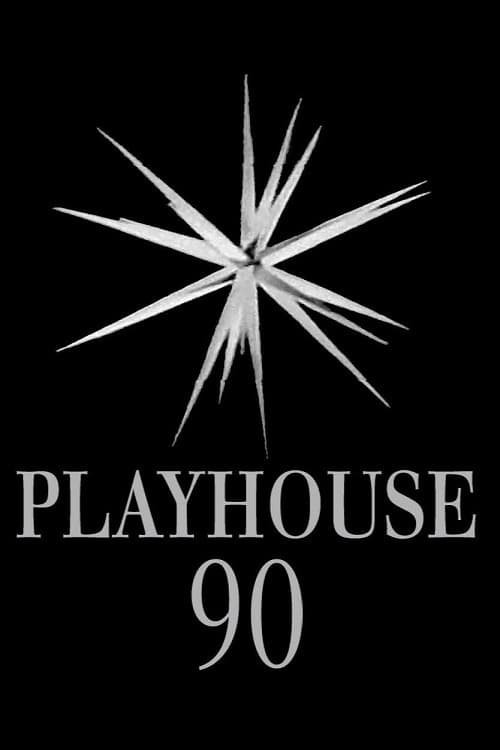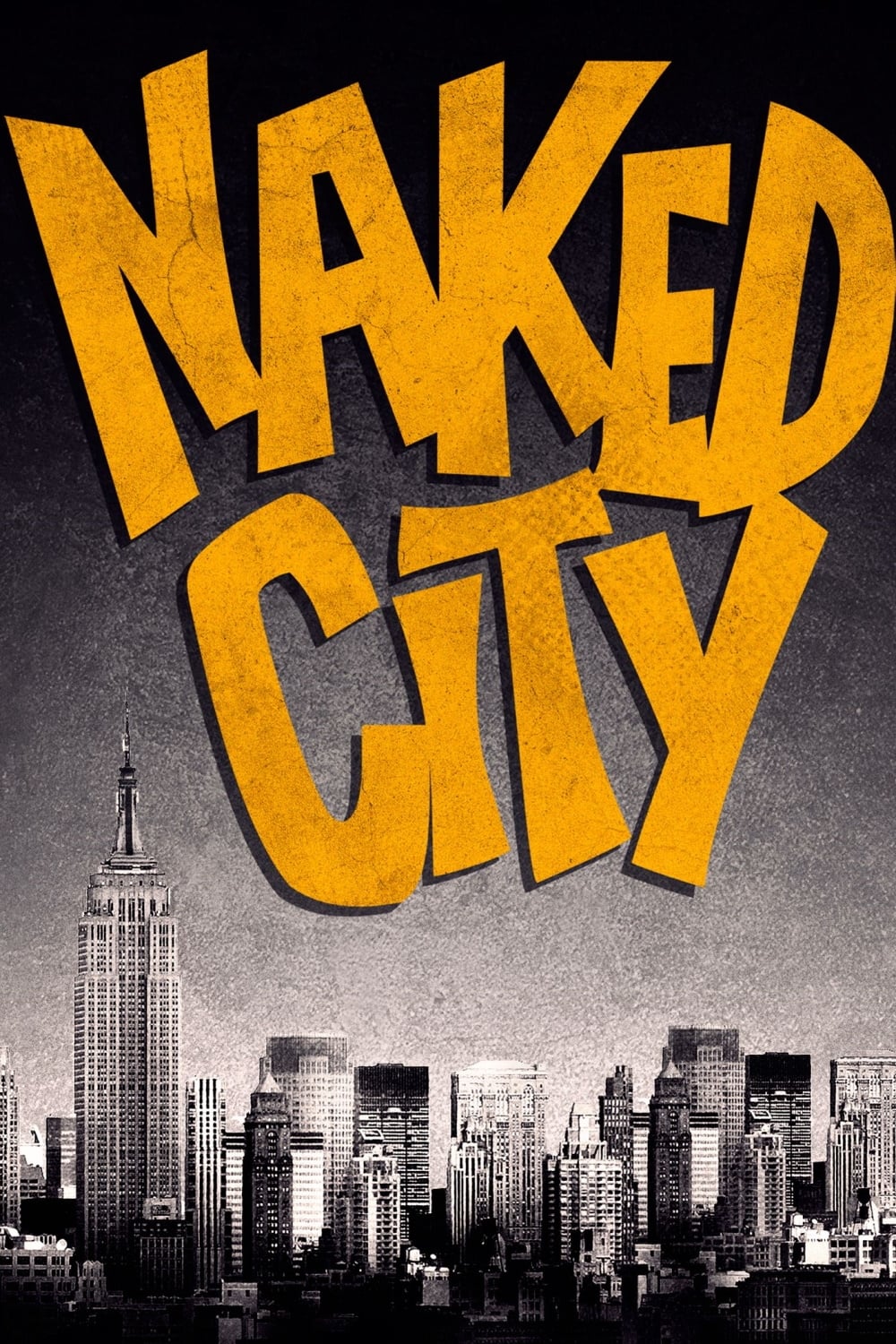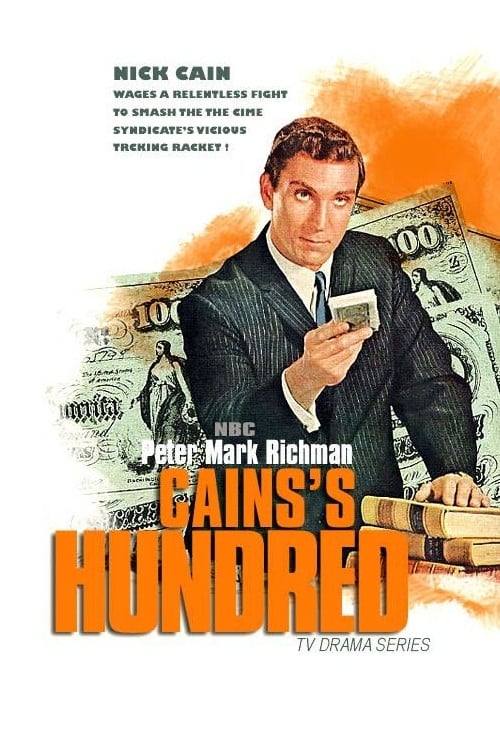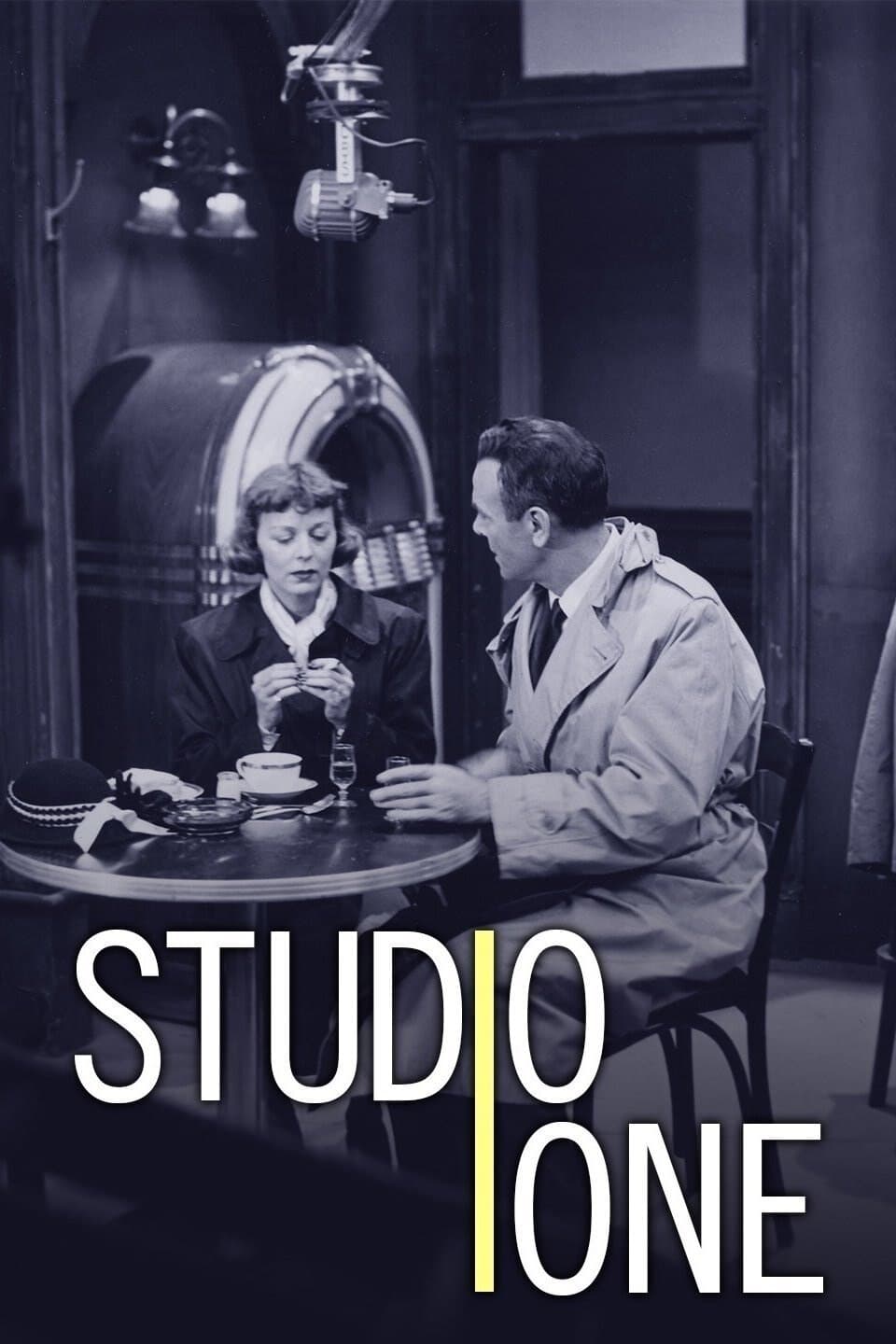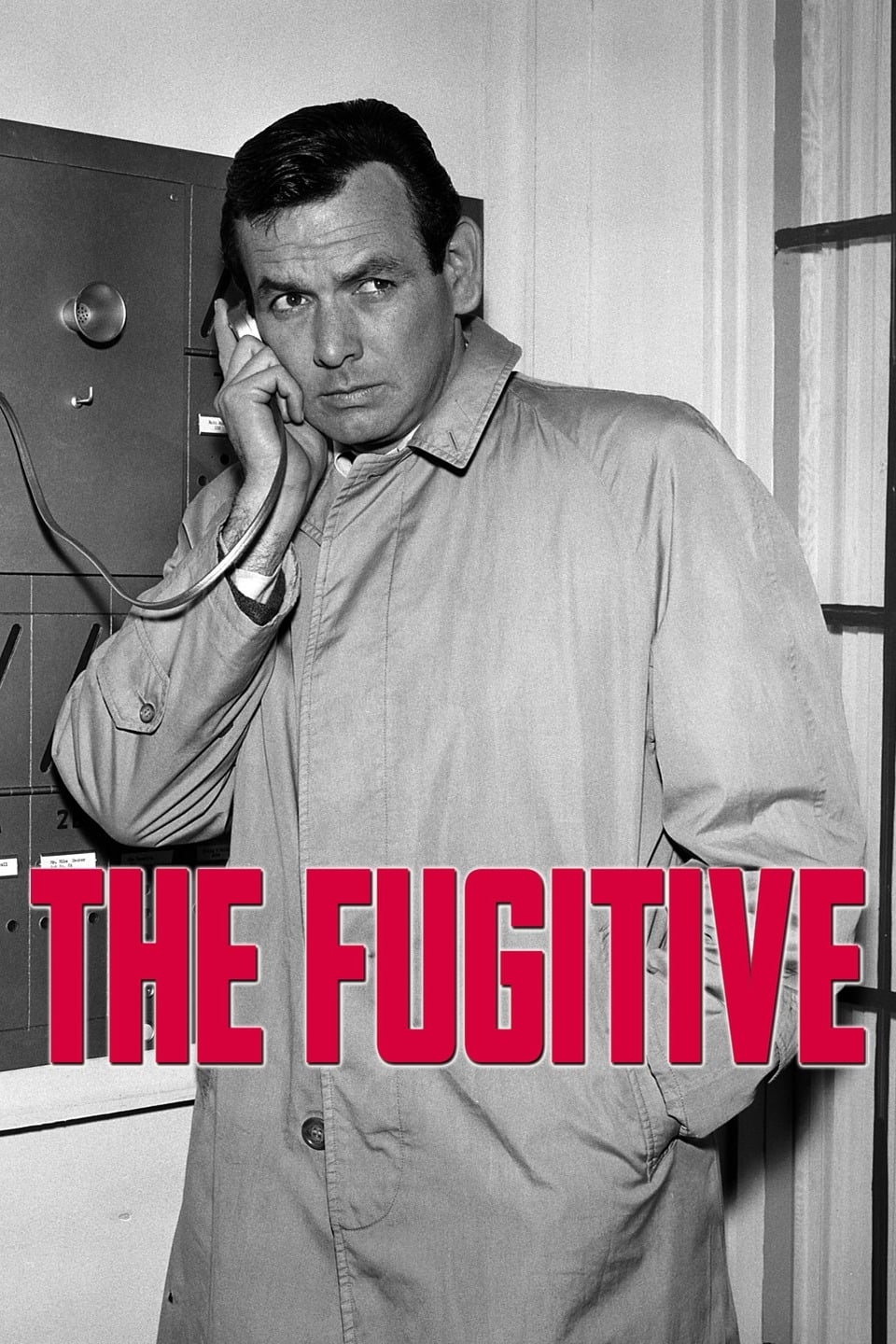Ludwig Donath
-
1959

Decoy
Decoy6.0 1959 HD
New York City policewoman Casey Jones' assignment to fight crime often entails her going undercover in some of the seediest and most dangerous parts of the city. Decoy is a groundbreaking American crime drama television series created for syndication and initially broadcast from October 14, 1957, to July 7, 1958, with thirty-nine 30-minute black-and-white episodes. It was the first American police series with a female protagonist. Many Decoy episodes are in the public domain.
![Decoy]()
-
2011

Hallmark Hall of Fame
Hallmark Hall of Fame9.5 2011 HD
Hallmark Hall of Fame is an anthology program on American television, sponsored by Hallmark Cards, a Kansas City based greeting card company. The longest-running primetime series in the history of television, it has a historically long run, beginning during 1951 and continuing into 2013. From 1954 onward, all of its productions have been shown in color, although color television video productions were extremely rare in 1954. Many television movies have been shown on the program since its debut, though the program began with live telecasts of dramas and then changed to videotaped productions before finally changing to filmed ones. The series has received eighty Emmy Awards, twenty-four Christopher Awards, eleven Peabody Awards, nine Golden Globes, and four Humanitas Prizes. Once a common practice in American television, it is the last remaining television program such that the title includes the name of the sponsor. Unlike other long-running TV series still on the air, it differs in that it broadcasts only occasionally and not on a weekly broadcast programming schedule.
![Hallmark Hall of Fame]()
-
1946

Gilda
Gilda7.553 1946 HD
A gambler discovers an old flame while in Argentina, but she's married to his new boss.
![Gilda]()
-
1966

Ben Casey
Ben Casey6.1 1966 HD
Ben Casey is an American medical drama series which ran on ABC from 1961 to 1966. The show was known for its opening titles, which consisted of a hand drawing the symbols "♂, ♀, ✳, †, ∞" on a chalkboard, as cast member Sam Jaffe intoned, "Man, woman, birth, death, infinity." Neurosurgeon Joseph Ransohoff was a medical consultant for the show and may have influenced the personality of the title character.
![Ben Casey]()
-
1966

Torn Curtain
Torn Curtain6.6 1966 HD
During the Cold War, an American scientist appears to defect to East Germany as part of a cloak and dagger mission to find the formula for a resin solution, but the plan goes awry when his fiancee, unaware of his motivation, follows him across the border.
![Torn Curtain]()
-
1966

Branded
Branded6.429 1966 HD
Branded is an American Western series which aired on NBC from 1965 through 1966, sponsored by Procter & Gamble in its Sunday night 8:30 p.m. Eastern Time period, and starred Chuck Connors as Jason McCord, a United States Army Cavalry captain who had been drummed out of the service following an unjust accusation of cowardice.
![Branded]()
-
1958

Matinee Theater
Matinee Theater3.3 1958 HD
Matinee Theater is an American anthology series that aired on NBC during the Golden Age of Television, from 1955 to 1958. The series, which ran daily in the afternoon, was frequently live. It was produced by Albert McCleery, Darrell Ross, George Cahan and Frank Price with executive producer George Lowther. McCleery had previously produced the live series Cameo Theatre which introduced to television the concept of theater-in-the-round, TV plays staged with minimal sets. Jim Buckley of the Pewter Plough Playhouse recalled: When Al McCleery got back to the States, he originated a most ambitious theatrical TV series for NBC called Matinee Theater: to televise five different stage plays per week live, airing around noon in order to promote color TV to the American housewife as she labored over her ironing. Al was the producer. He hired five directors and five art directors. Richard Bennett, one of our first early presidents of the Pewter Plough Corporation, was one of the directors and I was one of the art directors and, as soon as we were through televising one play, we had lunch and then met to plan next week’s show. That was over 50 years ago, and I’m trying to think; I believe the TV art director is his own set decorator —yes, of course! It had to be, since one of McCleery’s chief claims to favor with the producers was his elimination of the setting per se and simply decorating the scene with a minimum of props. It took a bit of ingenuity.
![Matinee Theater]()
-
1961

Omnibus
Omnibus6.0 1961 HD
Omnibus is an American, commercially sponsored, educational television series.
![Omnibus]()
-
1967

The Merv Griffin Show
The Merv Griffin Show5.2 1967 HD
The Merv Griffin Show is an American television talk show, starring Merv Griffin. The series ran from October 1, 1962 to March 29, 1963 on NBC, September 20, 1965 to August 15, 1969 in first-run syndication, from August 18, 1969 to February 11, 1972 at 11:30 PM ET weeknights on CBS and again in first-run syndication from February 14, 1972 to September 5, 1986.
![The Merv Griffin Show]()
-
1960

Playhouse 90
Playhouse 908.0 1960 HD
Playhouse 90 is an American television anthology series that was telecast on CBS from 1956 to 1960 for a total of 133 episodes. It originated from CBS Television City in Los Angeles, California. Since live anthology drama series of the mid-1950s were usually hour-long shows, the title highlighted the network's intention to present something unusual, a weekly series of hour-and-a-half dramas rather than 60-minute plays. Playhouse 90 began as a pitch by Frank Stanton—the formidable, forward-thinking right-hand man to CBS chairman William S. Paley—during a brainstorming session for program ideas. The project was ultimately developed by Hubbell Robinson, a CBS vice president who received no screen credit on Playhouse 90 but is often described as its creator.
![Playhouse 90]()
-
1963

Naked City
Naked City5.333 1963 HD
Naked City is a police drama series which aired from 1958 to 1963 on the ABC television network. It was inspired by the 1948 motion picture of the same name, and mimics its dramatic “semi-documentary” format. In 1997, the episode “Sweet Prince of Delancey Street” was ranked #93 on TV Guide’s “100 Greatest Episodes of All Time”.
![Naked City]()
-
1962

Cain's Hundred
Cain's Hundred3.5 1962 HD
A former underworld lawyer goes to work for the Federal Government, determined to bring 100 top criminals to justice.
![Cain's Hundred]()
-
1958

Studio One
Studio One4.167 1958 HD
An American radio–television anthology series, created in 1947 by Canadian director Fletcher Markle, who came to CBS from the CBC. Studio One, presented by Westinghouse, was one of the first of the anthology TV programs. The episodes were often abridged remakes of movies from years gone by and many future well-known television and movie actors appeared in the productions.
![Studio One]()
-
1967

The Fugitive
The Fugitive7.1 1967 HD
Richard Kimble is falsely convicted of his wife's murder and given the death penalty. En route to death row, Kimble's train derails and crashes, allowing him to escape and begin a cross-country search for the real killer, a "one-armed man". At the same time, Dr. Kimble is hounded by the authorities, most notably dogged by Police Lieutenant Philip Gerard.
![The Fugitive]()

